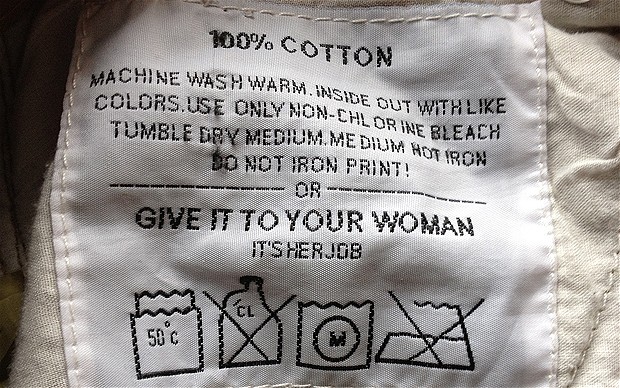We work a lot with fast-growth, often investor-backed businesses. So every few weeks we’ll be posting a blog on ‘PR for start ups’ that we hope will be useful to businesses looking to use PR to support their growth.We’re starting with the big one: why reputation matters to start-up businesses.
“Our product is much better than anything else on the market, so how come no-one’s heard of us?”
Sound familiar? When a business is in start-up, or fast-growth phase, it’s easy to forget how important it is to create, nurture and build your reputation alongside your products and services. Time spent on your reputation in the early days of your business is time well spent.
Why does building your reputation matter?
- Creating a reputation helps people get to know about you.
- It differentiates your business from all the others out there. You might know you’re different and better than anyone else, but the important thing is that other people know it, too.
- It helps your customers recommend you to others. It’s easier (and less of a risk) to recommend a company with a strong reputation. Getting recommended means your marketing budget goes further – your customers help do your marketing for you.
- Trust is important. If your customers are going to part with their money, they need to trust you. Reputation builds that trust.
What are the most important things in building a reputation?
Think about it early on. It’s much easier to build a reputation from scratch than to change one after it’s been established. Don’t leave your reputation to chance.
Don’t rely solely on your PR agency to build your reputation for you. That might sound strange, coming from a PR agency, but these days, while PR is important, it isn’t enough on its own. You need to deliver great products or services to build a reputation. Then tell people about those great products. Don’t tell people how great you are and then hope your service matches up.
Your customers will build your reputation for you in the early days. Make sure that what you give them is what you want to be known for long-term.
Choose those customers carefully. It might be really tempting to go for the biggest sale, but it’s not always the best strategy. If that sale could damage your reputation, think twice before you close it. You’ll be judged in part by the company you keep.
Decide what you want a reputation for. And, importantly, what you don’t want to be known for. And stick to delivering it.
Make sure everything you do reflects the reputation you want. From your website and the way you answer the phone, to the way your final product or service is delivered. It should all reflect who you are, and how you want to be perceived.
Be clear about what it is you do. Test how you describe yourself on other people. Can you describe your company in just a few words? If you can, you’re making it easier for your customers to tell other people about you.
Your reputation stays online. When a prospect puts your name into Google, what do they find? You don’t want it to be a negative customer review, or details of an unresolved complaint. You also don’t want them to find nothing at all. Think about how you’re seen online.
Reputations aren’t built overnight. A single press release, or one customer transaction doesn’t build a reputation. It takes time and effort.
You get one chance to build a reputation as you grow your business. Make sure it’s a good one.







